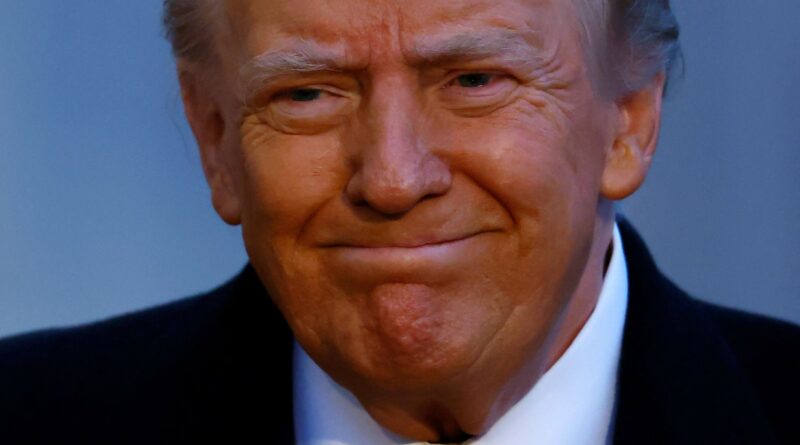As America Transitions Presidential Power, Syria’s Rapidly Evolving Conflict Emerges as a Distinct Geopolitical Challenge | World News
There was a time not too long ago when the United States actively sought to influence and shape the narrative regarding the unfolding events in the Middle East.
Attempting to steer these events for its own advantage has been a fundamental aspect of American foreign policy.
Nonetheless, the swift and significant changes occurring in Syria come at a peculiar moment for America.
Syria latest: Rebels expand control
Currently, there is a notable absence of leadership in Washington DC.
We are witnessing a transition from President Joe Biden to president-elect Donald Trump.
While President Biden remains in charge at the White House, his capacity to sway events in the Middle East, if he even wishes to, appears quite limited. He is truly a lame duck president.
Mr. Trump will not officially assume the presidency until January 20, leaving him unable to take formal actions.
Nonetheless, he already emerges as a key player on the global stage. His actions, or lack thereof, along with his words, carry significant weight.
His recent presence in Paris – a result of an invitation from President Emmanuel Macron – holds significant importance and is quite extraordinary. I can’t recall a recent moment in history where a president-elect wielded such influence.
Regarding the developments in Syria, the Biden administration has only stated that it is closely monitoring the situation.
In contrast, Donald Trump has already made his position clear on social media.
“Syria is chaotic, but it isn’t our ally, & THE UNITED STATES SHOULD HAVE NOTHING TO DO WITH IT. THIS IS NOT OUR CONCERN. LET IT UNFOLD. AVOID INTERVENTION!” he asserted.
In regards to President Bashar al-Assad’s future, his comments were only somewhat unclear. He stated it “may indeed be beneficial” if Mr. Assad were removed from power.
Read more:
Rebel forces ‘reach Damascus suburbs’
Insurgents close in on Homs
Even though Mr. Trump will not take office for another six weeks, it already seems as though he is more influential and impactful on global affairs (due to what he chooses to do and say) than he was during his previous presidency.
Moreover, there is a different dynamic this time.
During Trump’s last presidency, he faced strong European counterbalances. However, Angela Merkel is no longer in power, and Mr. Macron is weakened, despite his diplomatic coup in inviting Mr. Trump to Paris.




